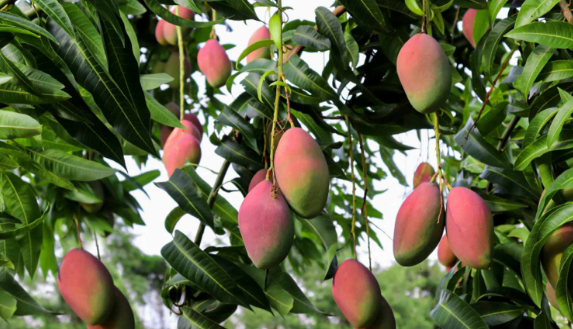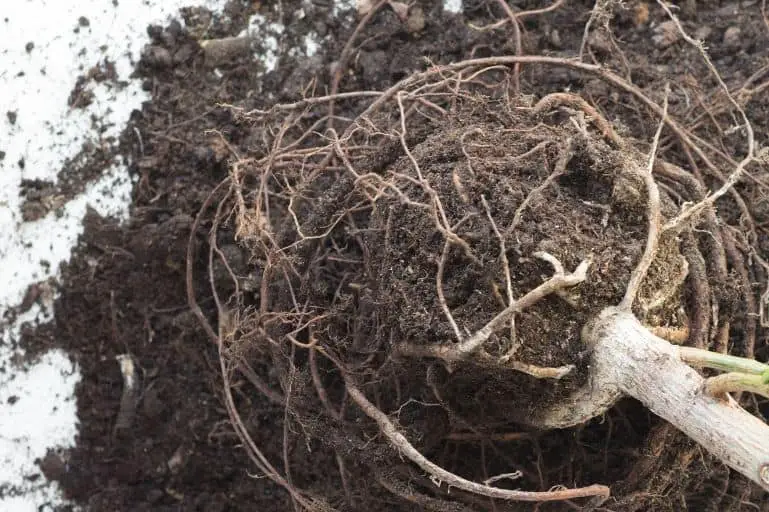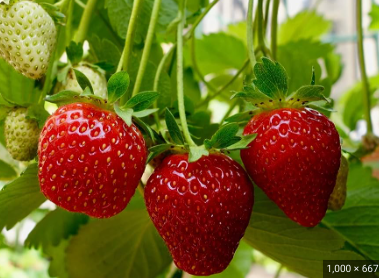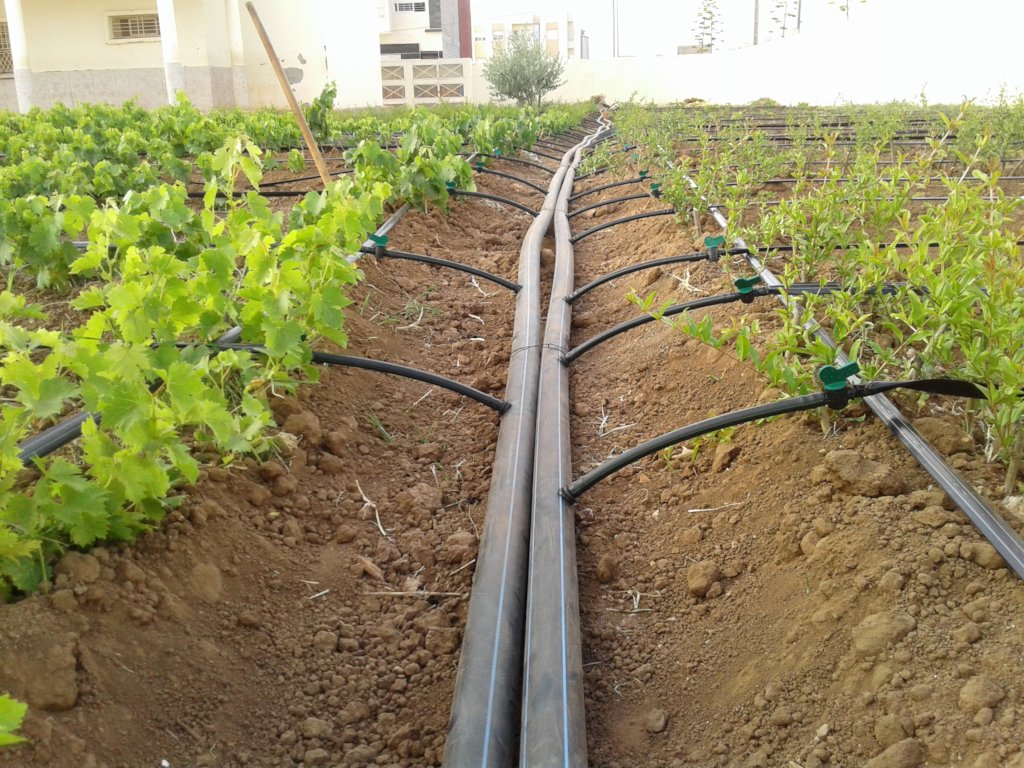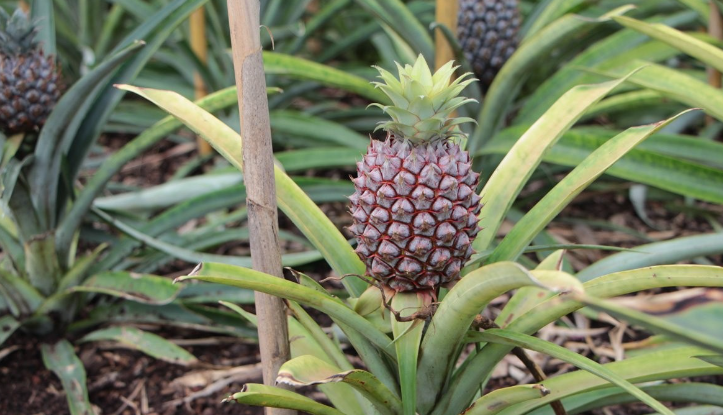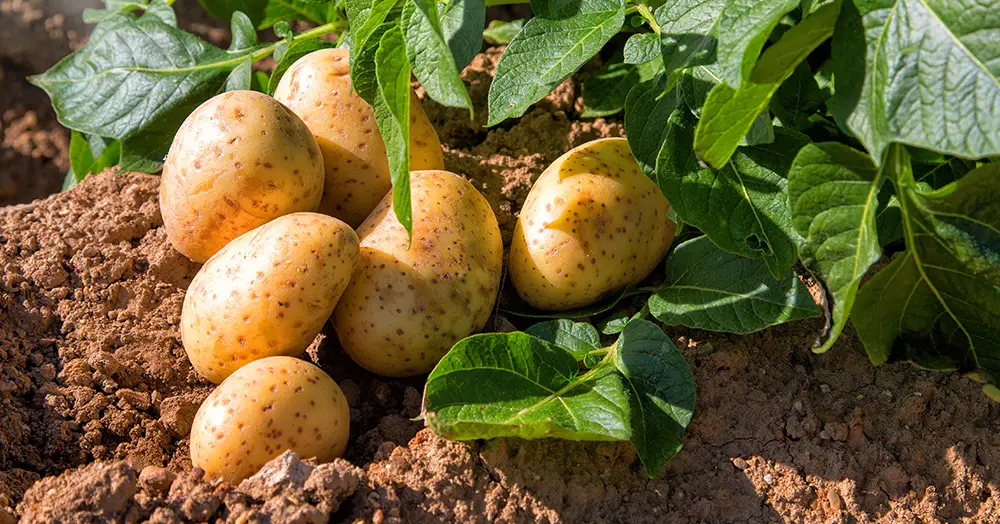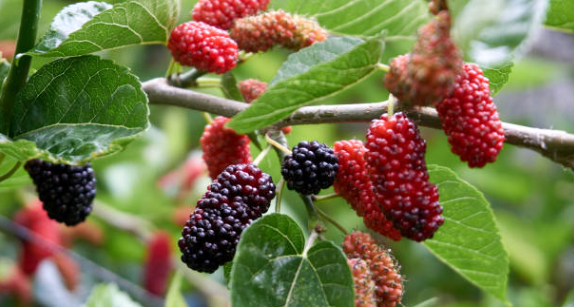Avocados are loved for their creamy texture and various health benefits. They are known to grow in warm places, but with the right care, you can also grow them in Georgia! That’s right – avocados can thrive in the Peach State.
This guide will show you how to grow avocados in Georgia, the best types to plant, and the perfect growing conditions. If you live in Georgia and love avocados, keep reading to learn how to grow these delicious fruits in your own backyard.
Table of Contents
- Is it Possible to Grow Avocados in Georgia?
- Best Avocado Varieties for Georgia’s Climate
- What Do Avocado Trees Need to Grow Well in Georgia?
- Climate Conditions
- Soil Conditions
- Light Requirements
- How to Plant Avocado Trees in Georgia
- 1. Choosing the Perfect Spot
- 2. Giving Trees Enough Space
- 3. How deep to plant
- 4. Using mulch
- 5. Giving water
- 5. Food for trees
- How to care for Avocado Trees in Georgia
- 1. Trimming
- 2. Keep bugs and diseases away
- 3. Irrigation
- 4. Fertilization
- 5. Keeping warm
- Picking and Enjoying Avocados in Georgia
- In Summary: Is it possible to grow Avocados in Georgia?
Is it Possible to Grow Avocados in Georgia?
More and more people want to grow their own avocados, and this includes people in cooler areas like Georgia. Traditionally, avocados are from warm places, but you can grow them in Georgia with a bit of work.
The cold winters in Georgia can be tough for avocado trees, which don’t like temperatures below 28°F for too long. But there are avocado types that can handle the cold better, making them a good choice for Georgia’s climate.
Rain is also something to think about. Avocado trees need a good amount of water. If it doesn’t rain much, you might need to water the trees yourself to make sure they stay healthy.
It might not be very common, but with the right avocado variety and a little extra care, you can grow avocados in Georgia.
Best Avocado Varieties for Georgia’s Climate
To grow avocados in Georgia, you need to pick the right type that can handle the climate. You should consider things like how well they can handle the cold, what kind of avocado trees they need for pollination, and the quality of the fruits, like taste and skin.
Here are some good avocado types for Georgia:
- Hass Avocado – This famous type of avocado is also a good fit for Georgia’s weather. It can handle the cold, surviving temperatures down to 28°F. Hass avocados can pollinate themselves, so you don’t need another avocado tree for them to grow avocados.
- Bacon Avocado – This type can deal with even colder weather, down to 25°F. It’s a Type B avocado, meaning it does best when planted near a Type A avocado tree for pollination.
- Mexicola Avocado – This smaller, dark avocado does well in Georgia’s climate too. It can withstand temperatures as low as 20°F. It’s a Type A avocado and needs a Type B tree nearby for pollination.
When choosing an avocado type for Georgia, you must think about their pollination needs and what the fruits are like. Avocado trees have Type A and Type B flowers, and having both types helps them pollinate better.
The Hass, Bacon, and Mexicola avocados are some of the best for growing in Georgia. Pick a type that can handle the cold and has the right flowers for pollination, and you’ll be able to enjoy your own avocados!
What Do Avocado Trees Need to Grow Well in Georgia?
For avocado trees to do well in Georgia, they need certain things, like the right climate, soil, and light.
Let’s look at what’s important for growing avocado trees in Georgia:
Climate Conditions
Avocado trees like it warm and humid, with a fair amount of rain. Most of Georgia has the right climate for avocados, but some places are better than others. Avocado trees do best when it’s between 60°F and 85°F, and they need at least 30 inches of rain a year.
Soil Conditions
They prefer soil that drains well and has a pH of 6 to 7.5. The soil in Georgia is usually acidic, so you might have to add lime to make the pH higher. Also, make sure the ground isn’t packed too hard, which makes it harder for roots to grow.
Light Requirements
Avocado trees need lots of sunlight to grow well. Plant them somewhere they’ll get at least 6 hours of direct sunlight each day. If they’re in too much shade, they won’t grow as many fruits.
Don’t forget that avocado trees need a rest in the winter. Don’t water or feed them then. And protect them from very cold temperatures, which can hurt the trees.
With the right weather, soil, and sunlight – and some care in the winter – you can grow healthy avocado trees in Georgia and enjoy lots of tasty avocados!
How to Plant Avocado Trees in Georgia
When you’re ready to plant avocado trees in Georgia, you need to think about where to plant them, how far apart to space them, and how deep to plant them.
Here’s how to make sure your avocado trees are planted right:
1. Choosing the Perfect Spot
Look for a spot with plenty of sunlight, good drainage, and shelter from strong winds. Make sure it’s not too close to other trees or buildings that might block the sun.
2. Giving Trees Enough Space
Avocado trees need room to grow big and produce lots of fruit. Depending on the type, they can grow up to 40 feet tall and 30 feet wide. So, plant the trees at least 20–30 feet apart from each other to give them enough space.
Make sure your avocado trees have enough space – at least 25 feet apart – so they can grow big and make lots of fruit.
3. How deep to plant
When you plant an avocado tree, the top of the roots should be even with the ground. Don’t plant it too deep or the tree might not get enough air and could stop growing.
4. Using mulch
Put some natural mulch around your avocado tree to keep the soil moist and stop weeds from growing. Just remember to not put the mulch too close to the tree’s trunk to keep it from getting too wet and rotting.
5. Giving water
Avocado trees need water, especially when they’re young. Water them well but not too often, which helps them grow deep, strong roots. Watch out for overwatering, though. You should check the soil to see if it needs more water or not.
5. Food for trees
Your avocado trees need food – that means fertilizer – to grow and make fruit. Use a balanced kind, with equal nitrogen, phosphorus, and potassium. Give them a little bit every couple of months.
If you pay attention to where you plant your trees, how you space them, plant them at the right depth, mulch, water, and feed them right, you can have great avocado trees in Georgia with lots of fruit.
How to care for Avocado Trees in Georgia
Having healthy avocado trees full of fruit takes some work. Keep these tips in mind to help your trees do well:
1. Trimming
Cut your trees back to keep them shaped nicely, to get rid of dead branches, and to let sun and air reach everywhere. The best time to do this is at the end of winter or the start of spring.
2. Keep bugs and diseases away
Watch out for pests like thrips and mites and diseases like root rot. Check your tree regularly so you can handle problems fast. Use natural bug killers and make sure your soil drains well to keep your trees safe.
3. Irrigation
Make sure your trees have enough water, especially when it’s hot and dry. Deep, less frequent watering is best. You might want to use a drip system to put the water right where it’s needed without losing any to the air.
4. Fertilization
Feed your trees the right amount of fertilizer – too much and you could get lots of leaves but not much fruit. Stick with a balanced mix, applied lightly every few months.
5. Keeping warm
In winter, you might need to cover your trees or use something to keep them warm during cold snaps. Don’t cut them back in the fall because the new growth might get damaged by the frost.
Remember that caring for avocado trees means regular cutting back, protecting them from bugs and diseases, watering them well, giving the right amount of food, and keeping them warm when it’s cold.
Picking and Enjoying Avocados in Georgia
Getting and using your own avocados is great. They taste amazing and you can do a lot with them. Here’s how to pick and use your avocados:
- When to pick – Usually, you can pick avocados in late fall or early winter. If you squeeze the fruit and it’s a little soft but not too much, it’s ready. Cut it off the tree carefully and leave a bit of stem.
- How to store – You can leave avocados out until they’re just right, then keep them in the fridge for about a week. Put them in a paper bag with an apple or a banana to ripen faster, because those fruits give off a gas that makes avocados ripe quickly.
- Ways to use avocados – There are so many yummy things you can make, like:
- Guacamole: Mix ripe avocado with onion, tomato, lime, and salt for a tasty dip or taco topping.
- Avocado toast: Mash it on toast and add tomato, cheese, or other toppings you like.
- Smoothies: Mix avocado with other fruits for a thick and healthy drink.
- Salads: Put slices of avocado in your salad for extra good fats and nutrients.
- Growing from seed – You can plant the seed from an avocado to grow your own tree. Clean the seed, let it dry, then plant it with the sharp end up. Keep the soil moist, and in a few weeks, it’ll start to grow. When it gets bigger, you can plant it outside.
Picking and using your avocados means waiting for them to be just right, storing them well, and enjoying them in lots of different foods. You can even use the seeds to grow more trees and have avocados for a long time.
In Summary: Is it possible to grow Avocados in Georgia?
Yes, you can grow avocados in Georgia, but there are some challenges. They like warm weather and good soil, which isn’t always easy in Georgia’s humid air.
But if you pick the right spot, take good care of your trees, and protect them from the cold, you can have successful avocado trees in Georgia. Just make sure to choose types that can handle a little cold and give them plenty of water, food, and protection from pests and diseases.
With a little effort, you can enjoy your own home-grown avocados in Georgia.
